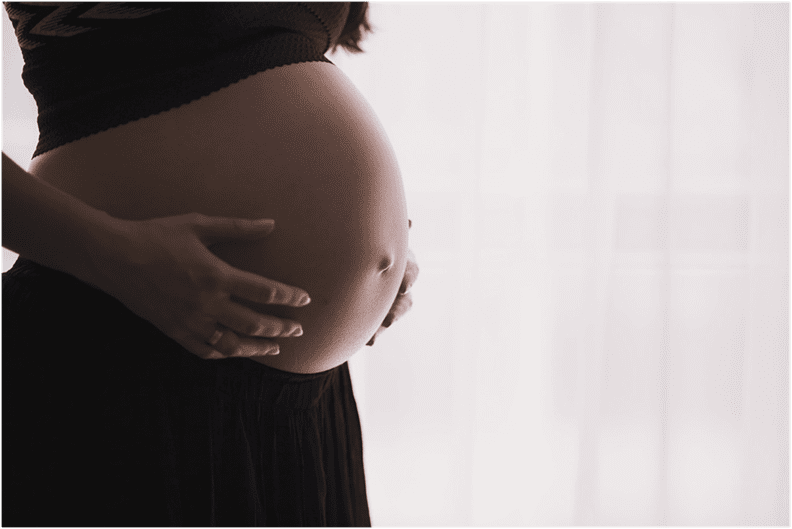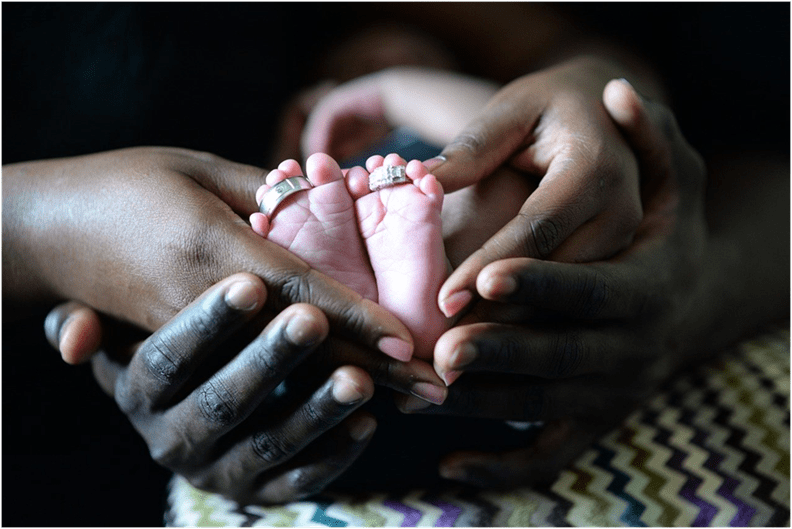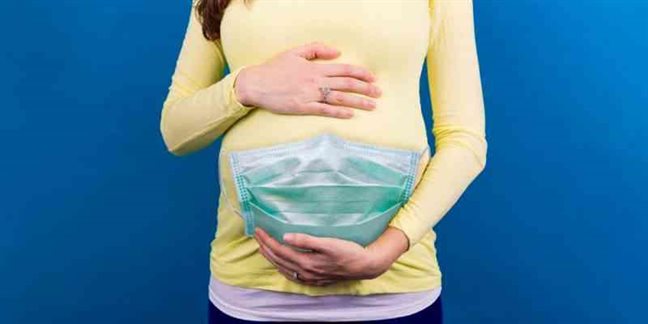Coronavirus Babies: Childbirth During The Chaos Of COVID-19
Nepal, March 31, 2020
These are difficult and confusing times. All of us worry about getting back to normal lives after the pandemic is over. On the other hand, there are stressful pregnant women worrying about their baby’s health.
What about those who are born during a pandemic?
It is natural to wonder about the kind of effect the coronavirus may have on a newborn’s health. Meanwhile, the Centers for Disease Control and Protection (CDC) do not yet know the impact of the virus on pregnancy and childbirth.
The World Health Organization (WHO) is urging pregnant women to look out for probable risks and adopt all precautions to reduce the risk of exposure to the coronavirus.
Any pregnant woman with symptoms of COVID-19 must inform their healthcare providers immediately.
Obviously, it is for the safety of the mother and child. But, the outbreak has resulted in new mothers giving birth without the normal level of support from their partners or family members.
It is because of the new restrictions – one visitor policy, or, no visitors for that matter.
Let’s discuss how COVID-19 might affect pregnancy, giving birth, and the period after child delivery.
Pregnancy

More research is necessary before publishing any facts on the effect of COVID-19 on the health of a fetus or newborn
To be fair, only a few numbers of pregnant women with COVID-19 have given birth. However, CDC claims that no babies born to these women have tested positive for the virus.
Most of the women under study had mild to severe symptoms and had a median age of 30. Since the disease is quite new in terms of a global outbreak, there are no reports of the women having COVID-19 earlier in the pregnancy.
Giving Birth

The delivery of children are normal and no reports imply abnormal delivery due to the coronavirus
Pregnant women with COVID-19 need to follow the same instructions as anyone else with the disease. Many hospitals have separate entrances for people with the disease and pregnant women have no privileges.
Even when their lives are on the line?
Yes. it seems so. But, the spreading of the virus is no less of risk too!
Scientists have little data to work with before coming to a conclusion regarding the effects of COVID-19 on childbirth. However, Clinician Outreach and Communication Activity (COCA) has identified that most women with the virus have given birth prematurely.
As we said, there is not enough data to go with to support this theory.
However, CDC states that researchers have not found the virus in the amniotic fluid of women with COVID-19.
Breastfeeding
One of the biggest questions in the mind of the new mothers and pregnant women with COVID-19 is whether they should breastfeed their babies. Everyone knows the benefits of breast milk for infants. It is rich in nutrients and a pure source of antibodies and hormones to boost their immune system.
Normally, experts recommend that women breastfeed as much as possible. However, women with coronavirus might worry about passing the illness to their newborns.
Fortunately, researchers have not found any signs of SARS-CoV-2 in the breast milk of women with COVID-19. Not to mention, women still have to take precautions when breastfeeding. They need to wear face masks and disinfect their hands and the pumps before and after each use.
If possible, someone who does not have the virus should do the actual feeding.
Conclusion
There is not enough data to conclude on a pattern or effect due to COVID-19 on newborn babies. To date, there is no effect on pregnant women, their fetuses, and the health status of the infants due to the virus.
There are no traces of the virus in the breast milk or amniotic fluid which suggests that pregnant women do not pass it on to their babies in any way.
However, little data suggests the possibility of preterm birth of the babies due to COVID-19. Although, there is no evidence to support this fact… yet.
The caregivers of pregnant women need to take all precautions and limit physical contact as much as possible.






